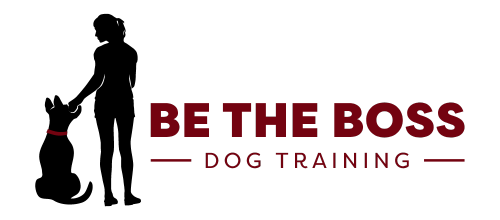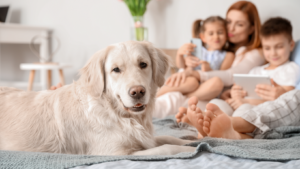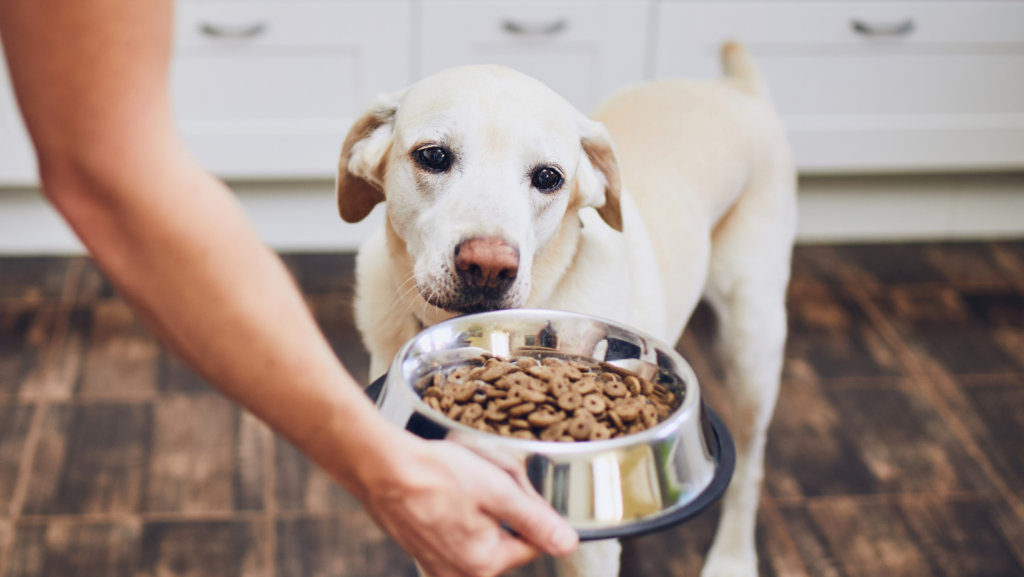Ever wonder why your dog seems to pick favorites? Why they greet your partner with wild enthusiasm while giving you a half-hearted tail wag? Or perhaps it’s the kids they follow around, ignoring your commands like you’re speaking an alien language. Let’s set the record straight: this isn’t a fluke, and it’s not just about “who feeds them more.”
It’s time to face the uncomfortable reality—your dog’s behavior is a reflection of the psychological dynamics you’ve unknowingly created within your home.

The Fantasy vs. The Reality
The fantasy is simple: dogs love everyone equally. They’re “man’s best friend,” after all. You think that because you provide food, shelter, and affection, your dog owes you their loyalty. But here’s the reality: dogs aren’t governed by human concepts of fairness or gratitude. They’re primal creatures, wired to survive within a pack. And just like in the wild, they instinctively gravitate toward the pack member who demonstrates leadership, stability, and confidence.
So, if your dog avoids you, ignores you, or seems to “favor” someone else in the family—it’s not because they’re fickle. It’s because you haven’t stepped into your role as their leader.

The Psychology of Loyalty: Dogs Are Master Evaluators
Dogs are experts at reading micro-behaviors. They notice the energy you bring into a room—whether it’s anxious, frustrated, or overbearing. If you constantly shower them with affection but struggle to enforce boundaries, your dog will see you as a friend, not a leader. On the other hand, if another family member enforces rules consistently and exudes calm authority, the dog will naturally gravitate toward them.
This isn’t favoritism—it’s survival. Your dog is seeking stability and clarity. In their mind, the family is a pack, and every pack needs a leader. If you’re not stepping up, they’ll find someone else who will.

Story Time: A House Divided
Let me tell you about a family I worked with recently. They had a Golden Retriever named Max. Dad walked Max every morning, but Mom handled the feeding and grooming. Meanwhile, their teenage son spent hours playing tug and fetch with him.
Max adored the son, tolerated Dad, and outright ignored Mom.
Mom was heartbroken. “I’m the one who does everything for him!” she told me during our consultation.
But here’s the thing: dogs don’t reward effort—they reward leadership. The son engaged Max with clear rules during play, and Dad set boundaries during walks. Mom, however, overwhelmed him with affection but gave in whenever Max whined or resisted her commands. Max saw her as a soft spot—a source of comfort, not direction.
By reframing her interactions with Max—setting rules during feeding time and holding firm on leash training—Mom quickly became someone Max respected and looked up to. Within a few days, his behavior toward her completely changed.

The Harsh Truth You Need to Hear
If your dog isn’t gravitating toward you, it’s not because they don’t love you. It’s because they don’t trust you to lead them. And that stings, doesn’t it? But here’s the good news: this isn’t set in stone. You can change the way your dog views you by changing the way you interact with them.
Start by asking yourself some hard questions:
- Do you follow through on commands, or do you let them slide when you’re tired?
- Are you clear and consistent with boundaries, or do you send mixed signals?
- Do you manage your own emotions around your dog, or are you projecting frustration and anxiety?
Dogs aren’t complicated—they’re honest. They’ll tell you, through their behavior, exactly who they trust to guide them.

How to Reclaim Your Role in the Pack
If you want your dog to see you as their anchor, their leader, their go-to person, you need to show up differently. Here’s how:
- Set Boundaries. Stop giving affection without structure. Earn their respect before you demand their love.
- Be Consistent. Mixed signals breed confusion, and confusion breeds disobedience.
- Control the Energy in the Room. Dogs feed off your emotional state. If you’re calm and assertive, they’ll mirror that.
- Engage Meaningfully. Play with intention. Walk with authority. Train with clarity.

Final Thoughts: Reflection Is Key
Your dog’s behavior isn’t about them; it’s about you. They’re a mirror reflecting the energy, consistency, and leadership you bring into their lives. If they’re gravitating toward someone else in the family, don’t blame them—or the person they prefer. Reflect, adapt, and lead.
Because at the end of the day, every dog wants to feel safe and secure within their pack. The question is: will you be the one to give them that?





